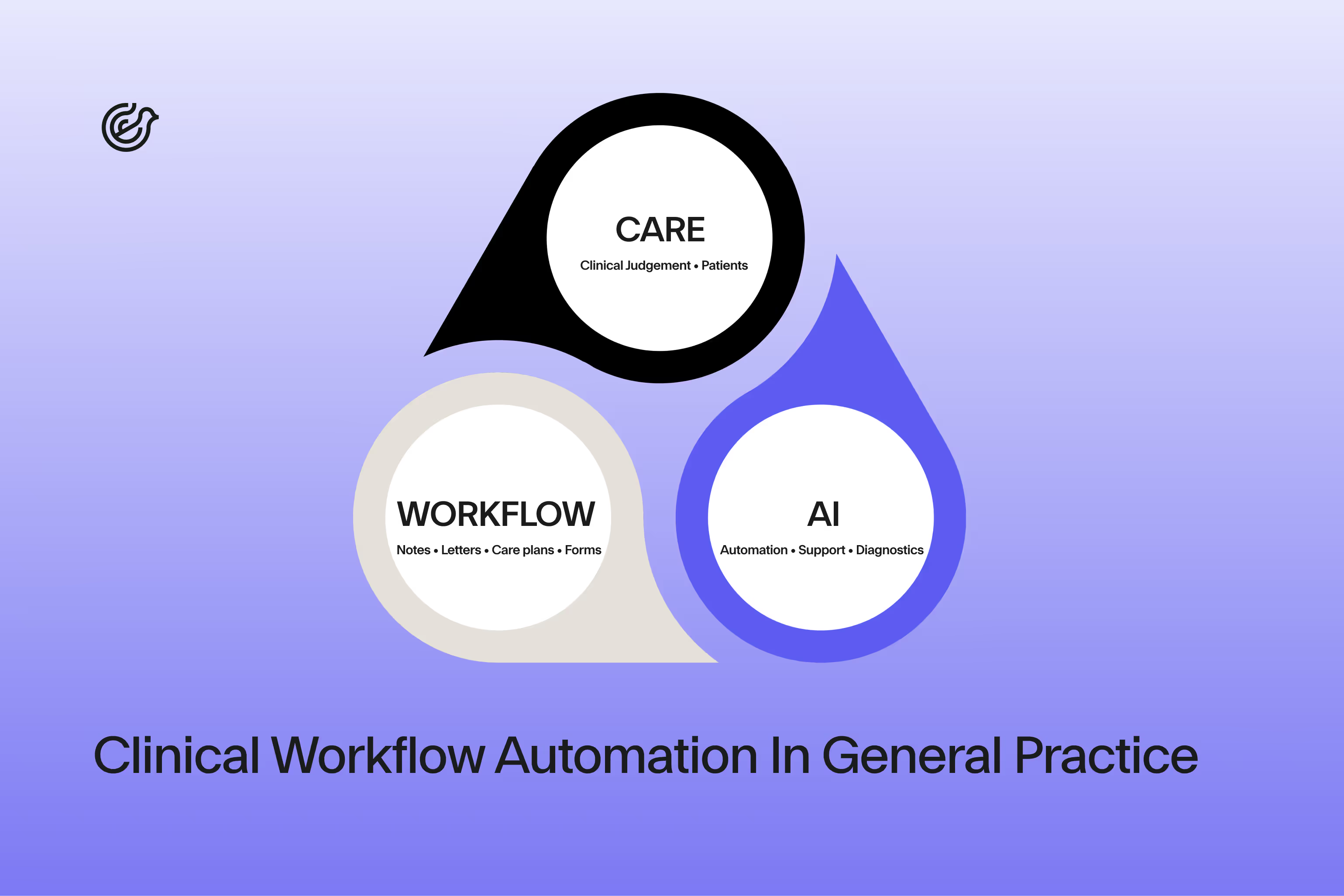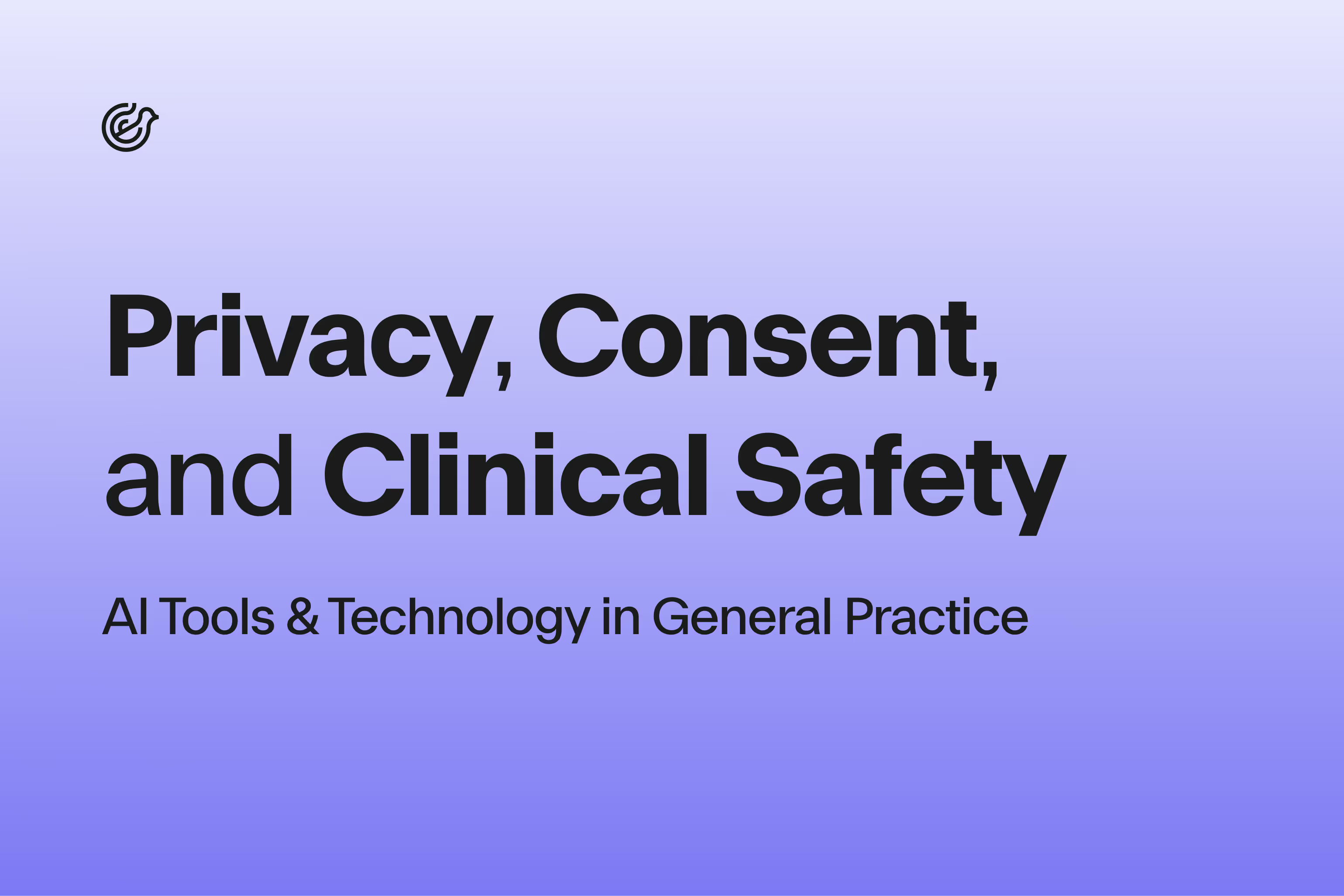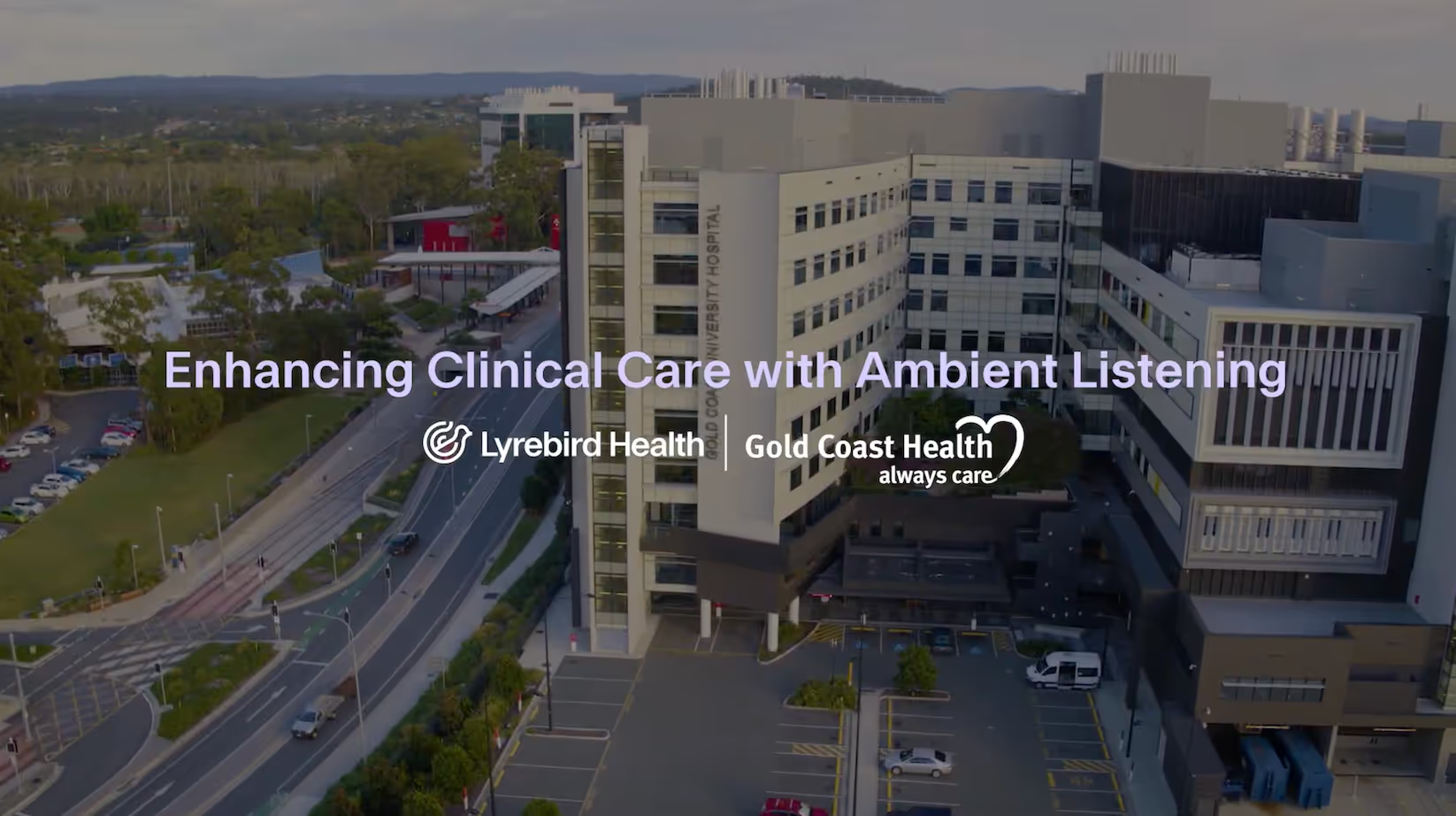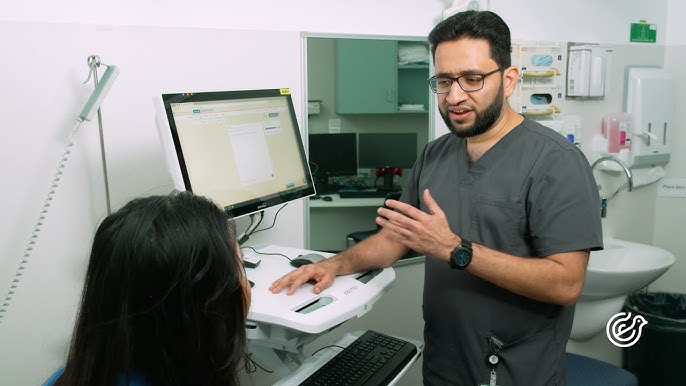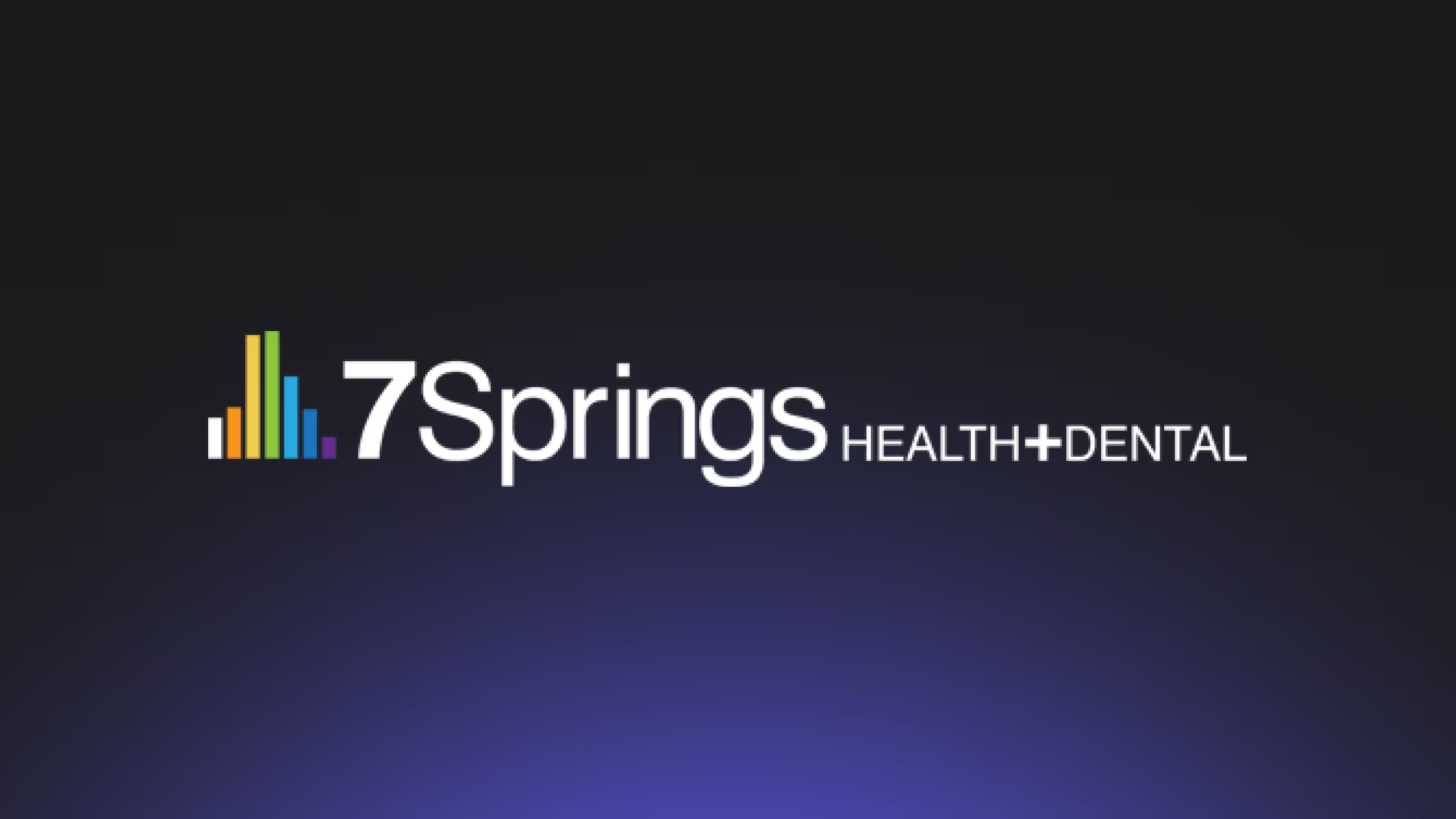A Guide to Medical Dictation

A Guide To Medical Dictation
Medical dictation is a crucial aspect of healthcare professionals' daily routines. It involves the process of recording patient information, clinical notes, and other important details using voice-to-text technology, or manual transcription. The text is then written into medical documentation for patient records and communication among healthcare providers.The ability to efficiently and accurately transcribe medical dictation plays a vital role in enhancing productivity, improving patient care, and reducing errors in healthcare documentation.
The importance of efficient medical dictation
Efficiency is paramount in the fast-paced world of healthcare. Time is of the essence, and healthcare professionals need to maximise their productivity without compromising the quality of patient care. Efficient medical dictation allows practitioners to quickly capture their thoughts and observations, saving valuable time that can be better utilised for direct patient interaction.
Moreover, efficient medical dictation ensures accuracy and completeness in healthcare documentation. By recording information in real-time, healthcare professionals can avoid the risk of forgetting crucial details or making errors during the manual transcription process. This accuracy is essential for maintaining the integrity of patient records, facilitating effective communication among healthcare providers, and ensuring appropriate treatment plans.
Advantages of using voice-to-text technology
Voice-to-text technology has revolutionised the way healthcare professionals document patient information. By utilising this technology, medical dictation becomes a seamless and efficient process. The advantages are numerous:
- Speed and convenience: Voice-to-text technology allows healthcare professionals to dictate their notes in real-time, eliminating the need for manual transcription. This saves significant time and effort, enabling practitioners to focus on patient care rather than paperwork.
- Improved accuracy: Voice-to-text technology minimises the risk of transcription errors. By directly converting spoken words into text, the chances of misinterpretation or omission are greatly reduced. This accuracy is crucial for maintaining the integrity of medical records and ensuring that patients receive appropriate care.
- Enhanced accessibility: Voice-to-text technology enables healthcare professionals to access patient information and clinical notes from anywhere, at any time. This accessibility streamlines collaboration among healthcare providers and facilitates prompt decision-making, leading to better patient outcomes.
Tips for efficient and accurate medical dictation
While voice-to-text technology offers significant advantages, healthcare professionals need to employ certain strategies to ensure efficient and accurate medical dictation. Here are some tips to consider:
- Speak clearly and concisely: Articulate each word and phrase clearly to help the voice-to-text technology accurately capture your dictation. Avoid mumbling or speaking too fast, as this can lead to errors in transcription. Losing a couple of seconds by speaking slower will result in an accurate transcription, it's a bit of short term pain for a long term gain.
- Use appropriate medical terminology: Ensure you are using the correct medical terminology relevant to your specialty. This will help the voice-to-text technology recognise and transcribe specialised terms accurately.
- Proofread and edit: After dictating your notes, take the time to review the transcribed text for any errors or omissions. Make the necessary edits to ensure the accuracy and completeness of your medical dictation.
Best practices for transcribing medical dictation
To ensure the accuracy and quality of transcribed medical dictation, healthcare professionals should follow these best practices:
- Choose reliable transcription services: Select a reputable transcription service provider that specialises in medical dictation. Look for accuracy guarantees, data security measures, and adherence to privacy regulations.
- Proofread and edit: Even with advanced voice-to-text technology, it is essential to review and edit the transcribed text for errors or inconsistencies. Proofreading ensures the accuracy and clarity of the final document.
- Maintain patient confidentiality: When transcribing medical dictation, it is crucial to uphold patient confidentiality and comply with privacy regulations. Ensure that transcription services have appropriate security measures in place to protect sensitive information.
Introducing Lyrebird Health: A game-changer in medical dictation
Lyrebird Health is a cutting-edge voice-to-text technology specifically designed for healthcare professionals. This innovative platform leverages advanced speech recognition algorithms to accurately and efficiently convert medical dictation into written text. With Lyrebird Health, healthcare professionals can streamline their documentation process, improve productivity, and enhance patient care.
Lyrebird Health offers several key features that make it a game-changer in medical dictation:
- Specialised medical vocabulary: Lyrebird Health is equipped with an extensive medical vocabulary, ensuring accurate transcription of complex medical terms and jargon.
- Real-time transcription: Lyrebird Health provides real-time transcription, allowing healthcare professionals to dictate their notes directly into the platform and receive instant text conversion.
- Customisation and integration: Lyrebird Health can be customised to meet the specific needs of healthcare professionals and seamlessly integrated into existing electronic health record systems.
Conclusion
Efficient and accurate medical dictation is essential for healthcare professionals to provide optimal patient care while maintaining productivity. By embracing voice-to-text technology and leveraging advanced solutions like Lyrebird Health, healthcare professionals can revolutionise their documentation process, save time, and enhance the quality of patient care. So, why wait? Embrace the future of medical dictation and use Lyrebird Health to accurately convert your voice to text.


